All right, thank you so much for joining me. Today we’re going to do another personal deep dive Q&A with your questions for me from Instagram. And I have asked Alex to help me out and ask me the questions which I have not seen in advance. So let’s have a little fun.
Alex:
All right, welcome back everyone. Super excited to do this again. So as Emily said, as a reminder, these are all questions from all of you from Instagram and like last time we’re going to start with a little warmup of questions that are sort of short and fun. And then we’ll dive into a series of questions today about your career, Emily, and how you manage it all. So what are some of the strategies or supports that you have in place to make everything work? I’m sure you have some very-
Emily:
Deep insights, yes. I’m totally ready to share my deep secret insights with you and everyone else listening.
Alex:
Yeah, magic tricks that we can all just use. Okay, great. So warmup, what time do you go to bed and wake up?
Emily:
I go to bed at 10:00 and I wake up sometime between 4:45 and 6:00 depending on the day.
Alex:
What’s your favorite thing to make for dinner in under 15 minutes?
Emily:
I don’t think any dinners can be made in under 15 minutes. No, that’s not true, quesadillas, quesadillas.
Alex:
What’s something that you like to splurge on?
Emily:
Running shoes. I have so many running shoes. It’s so many.
Alex:
Are you willing to share how many you have?
Emily:
No, but it’s more than one. I’m going to say more than two. It’s a lot.
Alex:
What’s the last book you read and what’s the next book you’re planning to read?
Emily:
So the last book I read was Prince Harry’s Spare, which I think is an unoriginal answer because it is what everybody is reading right now. And the next one on my list is a book about Magellan’s journey. I’ve forgotten the title but it’s about Magellan, but went around the world, I guess, that’s like a spoiler.
Alex:
How have you made friends in adulthood?
Emily:
When we moved to Providence, we had to make a bunch of new friends and the main source was the parents of children that my kids were friends with. And I find that’s often a good way into friendship. But I will say I really retained a lot of the friends that I had from college and that’s kind of still really my core.
Alex:
Nice. All right, your last warmup is what’s your go-to karaoke song?
Emily:
Anything by Taylor Swift.
Alex:
Yes. For those that know Emily that’s not surprising.
Emily:
Not surprising.
Alex:
All right, well, that seems to be a good transition to talking about your career. Just to start off, how do you describe what you do to people?
Emily:
It varies quite a lot. So I think typically what I would say is I’m a professor of economics. That’s often what I would open with and it used to be I would stop there. Now I will often say I’m a professor of economics and I write books on pregnancy and parenting and I write a newsletter for parents about data. And that shift sort of reflects the fact that much more of my time in the last year or two years has been spent on the Parent Data universe relative to in my more traditional economic pursuits.
Alex:
So what is your job exactly? Where do you work and what do you do every day?
Emily:
So my title is the JJE Goldman Sachs University Professor of Economics at Brown University. And so I come in every day and I work on research and teaching and writing at Brown University. That is my official job.
Alex:
Okay, so that’s what you do now. What did you want to be when you grew up?
Emily:
A scientist. I had a lot of aspirations around, I don’t know, hard sciences. And I like doing research. I mean, I think I’ve always been quite interested in research from a very young age, but I thought I would do science research.
Alex:
Do you feel now you went into the right career field?
Emily:
Definitely, of course. There’s always sort of hindsight is 2020 and I’m really happy with where I am professionally. And so I think that it’s hard to then say, “Oh, that was the wrong choice.” But I think economics has really allowed me to develop a lot of tools that have been useful in all of the spaces that I’m interested in. And I think that was why I got into it in some ways in the first place. And it has delivered on that.
Alex:
Do you remember when that change happened, switching from wanting to be a scientist to becoming an economist?
Emily:
Absolutely. It was the summer after my freshman year in college. And so to give you some background, when I entered college, I took both economics and some hard sciences. My parents are economists, something that I had done some in high school. And so I thought, “Okay, I’ll take the intermediate economics or whatever.” And then I was also taking various science classes. I took organic chemistry, I took this very ill faded class in genetics, which I took with my best friend and it met quite early in the morning and we would sort of switch off who was awake, you stay [inaudible] and then we try to share notes, which as it turns out is not a super effective note-taking system, even though her notes were very good. At any rate, so I had sort of taken that and then I was working in the summer and this summer I had two jobs.
I had one job working as a research assistant for an economist named Chris Avery. And then I had another job working in a fruit fly lab. And my fruit fly lab job was a very traditional lab job. I had to dissect the fruit fly larval brains into pieces. That was the most interesting component of my job. And then there was this other component where I had to incinerate the fruit flies when you transfer them between tubes, then you have to put the old tubes in this incinerator. And then I would have to take them on this cart across campus. And at the end of the summer I was like, “This is not for me.” And I really liked the research job I was doing with Chris Avery, which was about education economics. And then I sort of pivoted from there.
Alex:
So fruit flies were really the make or break point for you?
Emily:
Yeah, I mean, when I think about it seems like I’m being so negative about fruit flies, which are a very important organism from which we learned a lot. But I think what I got that summer was that it was going to be a very, very long distance in the hard sciences between the kind of work on the ground I was doing and the sort of big questions that I thought were exciting. And economics is a little bit closer to being able to say, “I have a big policy question or something that’s on the ground happening now that I can speak to.” And I think that’s part of what I found appealing about that direction. Also, I’m actually terrible at dissecting fruit flies. It’s a skill. You’re looking at me funny, but it’s a skill to dissect the fruit flies and I was not good at it.
Alex:
I’m just thinking of how small fruit flies are. I mean, I’m an English major, so I never did anything like that, but-
Emily:
You have them under the microscope and you’re like… But I mean, it’s a skill.
Alex:
It sounds like a really amazing skill.
Emily:
It’s not widely generalizable, I will say.
Alex:
Okay, next question is how long of maternity leave did you take for each of your kids?
Emily:
Academia is a very complicated place for maternity leave because you are effectively self-employed. So there’s many things you do at an academic job. One of them is teach. So a simple answer to that question is when is the first time you’ve taught after you had your kids? And for that, my daughter, my first kid was born in April and I was back to teaching in September. So that was a reasonable distance. For my son, I had just moved jobs. And so actually I was teaching in the semester he was born, although only graduate students. So I had them at my house for class when he was 10 days old. So that’s sort of one answer to that, but there’s a different answer, which is when was the first time you thought about re-engaging with research or went back to the office? And that was a pretty short time, in a few weeks with both kids, partly because just like your work doesn’t really stop and it is hard to totally disconnect from things when you are the person who is pushing everything forward.
What is very nice about the life of an academic is that it is relatively straightforward to adjust your work hours on what we’d call the intensive margin. So I could come back and work a little bit. So there is productive value in saying I’m going to take two hours today to work. And that has been very nice for me. And it’s sort of been nice the whole time my kids were little because it’s enabled me to work a little bit more at so times and a little bit less at other times to try to adjust the amount of time I want to spend with them. But I did not take very much concentrated maternity leave like you would sort of typically think of it.
Alex:
Once you were back at work after maternity leave and you started to do all this writing related to parenting and pregnancy, did people not take you as seriously as an academic because you deal with mom stuff?
Emily:
People thought it was extremely weird to be doing public writing in this space, yes, and I think there’s two pieces of that. So one is particularly when I had my first child, I did not have tenure and the currency for academic tenure is academic papers published in journals. And so doing something with your professional time, which is not that is a bit perceived as a bit weird. I mean, it’s like a sort of counterproductive choice in terms of your professional development to some extent.
I think it also is the case that, yes, it’s a very male dominated field. So turning your attention to these gender topics, especially outside of the realm of academia, was an unusual choice and one that not everybody maybe saw the merit of or maybe understood as better. I think not everybody understood why I had made the choices to do that. By the time my second kid came along, I was already pretty established in this space. So I think by then people had either just decided I was a crazy nutter and was just doing this or they had seen some value in it or they didn’t think about it.
Alex:
What’s a piece of advice you’d give to a junior or pre-tenure female academic?
Emily:
I find this very difficult because in some sense the advice I actually give people is focus on getting tenure and focus on writing papers. And often people will come to me, I’m interested in writing a book, I’m interested in being in this different space. I will generally tell them that’s probably a mistake, which is a funny thing to say because for me it’s worked out great. This is sort of exactly what I should be doing. I think it has been opened up doors that would not have been open otherwise, but it came at a professional cost in terms of tenure.
And I think that I don’t want people to pay that cost, especially since the chance that you turn it into some new thing is probably relatively small. So I tend to tell people before tenure, keep your face to the publication grindstone. And then I have a lot of really specific pieces of advice like when your paper gets rejected, send it out again immediately. Don’t just sit on it and feel sad about it. You can’t publish papers if you don’t submit them to journals. There’s some more specific advice like that.
Alex:
Yeah. So future vagina economists, which you describe yourself as sometimes. Someone interested in the kind of work you do, is there a path there that you could see for people?
Emily:
I think there’s a lot of really interesting questions that someone who is interested in gender, in the labor market and child-rearing and motherhood and its impacts on things that someone with those interests could answer in the space of economics using the tools of economics. So that I think is a very rich area and partly because economics has tended to be more male dominated, there may be more space in those areas for people and for people to come into. And I do think you can publish papers on those topics if they’re grounded in the traditional, you’re writing a paper with data and theory and models and results and all the stuff that we put in our paper. So I think there is a lot of space for vagina economics. Yes.
Alex:
Okay. Next question is, do you have any sabbaticals planned and what are you going to work on?
Emily:
So pending approval from my department chair, I am planning to take a sabbatical next year, which will mean that I am not teaching for the year or doing university service, which is a reasonable part of my job. And I think I’m going to spend a lot of time on Parent Data and trying to figure out the next steps and how we can grow and give more data to parents. And so I’m really, really excited about that possibility.
Alex:
Awesome. So we’re going to transition a little bit into the last few questions, which like I said at the beginning are basically about how you manage work life balance essentially and get things done that you want to get done. And some of these are kind of specific.
Emily:
But your life lives in the specifics. So I mean, I like the specifics as questions.
Alex:
Exactly. So the first question is, can you share examples of how you organize your schedule?
Emily:
Yeah. So one is I do a fair amount of writing and although I am fast and generally able to write with some distractions, for some kinds of writing, it is really important to have blocks in which you are focused on things. And so I try at the beginning of the week to look at what my calendar looks like, which is full of meetings and whatever, but then actually schedule in blocks that I will be working on different things on different writing projects. And so I have some more concentrated time to do that. And that’s something versions of which I have tried to do in organizing my schedule for many years is just sort of taking blocks of time, which can be used in some of the stuff that requires a little bit more brain power.
Alex:
I’m going to follow up with some specifics. Is this on Google Calendar or something along those lines?
Emily:
Yes, it is on Google Calendar. I have a nice Google Calendar where I put all my little stuff in.
Alex:
And do you use that purely for work or are there personal things on there too?
Emily:
No, there’s personal things. My Google Calendar is a total disaster because I can see my schedule, my husband’s schedule, both my kids’ schedules and our babysitter schedule all on there at the same time. And so I can read it, but it’s a little… You have to get used to it. It’s like practice.
Alex:
Yeah. Wow. So you mentioned babysitter. One question was what paid supports do you have?
Emily:
So the most important paid support is we have a nanny who is some combination of nanny and house manager who is really, really, really important. And I think that that’s very important to say because sometimes people will say, “Oh, how are you doing all of these things?” And the answer is, “I have a lot of help.” And she does the grocery shopping and manages stuff around the house and picks up the kids and is a really, really important partner. So that’s been really a gift and I’m well aware that it is also a privilege, but it is more or less what makes it possible to do the stuff that I do.
Alex:
How did you find her?
Emily:
Care.com. It’s a totally random thing where our old nanny had left in the middle of the pandemic, and so we needed to hire somebody in the winter of 2021. And she had posted that she was looking for a job on care.com and she had been working in a bakery. She’s actually a trained pastry chef, which is just a very… Don’t steal my babysitter.
Alex:
Everyone wants her contact info.
Emily:
She’s amazing. And we just reached out and it was a sort of particular episode where my husband was like, I think the universe knew that we needed a break because he’s the first person we talked to and it’s great. But care.com usually is pretty good.
Alex:
Yeah, you can go where you want with this, but it’s what is your best productivity or work-life balance tip?
Emily:
So my best work-life balance tip is that you shouldn’t really expect balance except in a kind of broad aggregate sense. So I think people are often looking for balance like I want every day to be balanced and I would like every day to be balanced too, but balance is hard. And so even when I think about time with my kids, as my schedule gets busier, rather than thinking about, “Well, today I didn’t have enough time with them,” trying to think about, “Okay, well, there wasn’t that much time today, but let me put in some time later in the week or let me plan for more time on the weekends.” And so just thinking about balance is a little bit more of a kind of balance over some larger timescale rather than every moment or every day has to be balanced in some way.
Alex:
All right. Let’s end with a little conversation about stress.
Emily:
Okay.
Alex:
Have you ever felt burned out? And how in general do you manage your stress so that it doesn’t get to that point?
Emily:
I feel burned out a pretty large amount of the time. I mean, not all the time, but with cyclically like everyone else. The main way that I manage stress is with running. That is my primary source of stress release, which is great in some ways because I really like it and it does typically relieve a fair amount of stress. It’s not so great because as my therapist has pointed out, it’s not good to have only one outlet. You should have a toolbox of outlets. But I don’t have a toolbox of outlets. I have just the one outlet.
So I’ve been trying over time to develop other tools. I have also been trying hard in the last year probably to not overcommit. And I want to say yes to all of the things. I want to be able to do everything. And that is when I get into a situation in which I’m super burned out or I’m like, “Okay, I can only get my life done if I get up at 4:00 in the morning or 3:45 or whatever.” And that’s not a good idea. And so thinking in advance about how can I avoid that situation is important.
Alex:
That’s all the questions we have for today. Is there anything else you want to add on about your career?
Emily:
I don’t know. I mean, I guess sort of thinking about this, I will say I feel very lucky that I get to do the stuff that I do, and it feels like a tremendous privilege and a place where if you had told me 11 years ago, my daughter was born, this is what you would be doing now, I would’ve been like, “You’re crazy nut job.” And that’s a crazy thing to say. But yeah, it’s great. I’m very happy with it.
Alex:
Well, thank you for doing what you do and for answering these questions. I think we have even more great questions about other topics like parenting, which we haven’t gotten to yet.
Emily:
Oh, parenting. It is the Parent Data Podcast. All right. We have to do parenting.
Alex:
Feels like we should do parenting. Yeah. So we’ll talk again soon.
Emily:
Awesome. Thanks Alex.
Alex:
Thanks.
Emily:
Thanks for listening. If you like what you heard, subscribe to Parent Data in your favorite podcast app and rate and review the show in Apple Podcasts. You can subscribe to the whole newsletter for free at www.pdstaging24.wpenginepowered.com. Talk to you soon.
Community Guidelines













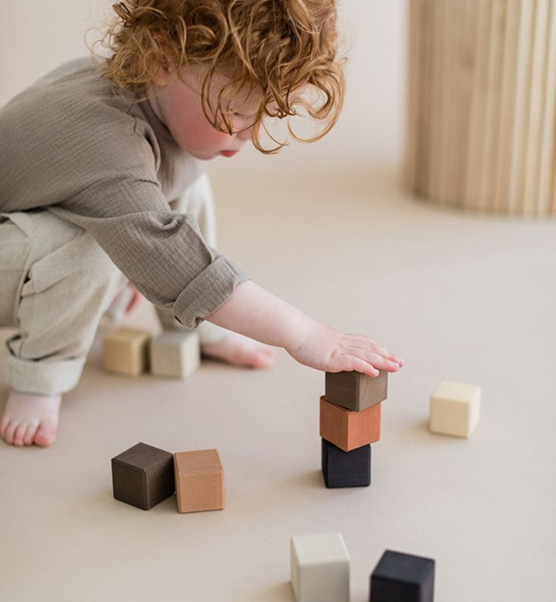
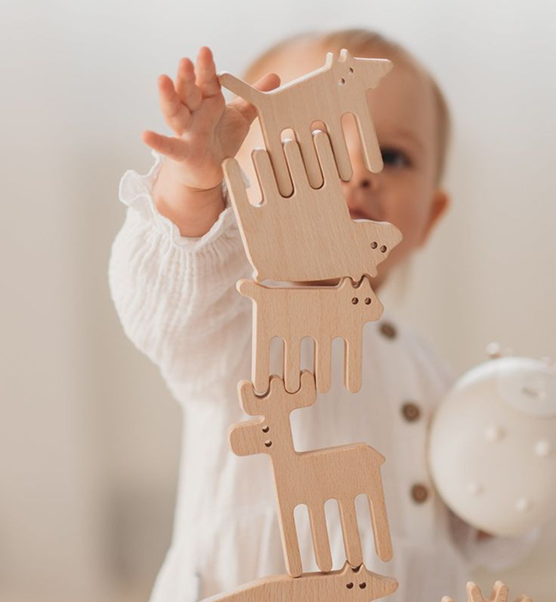
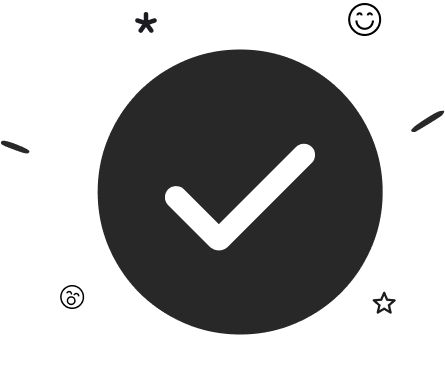
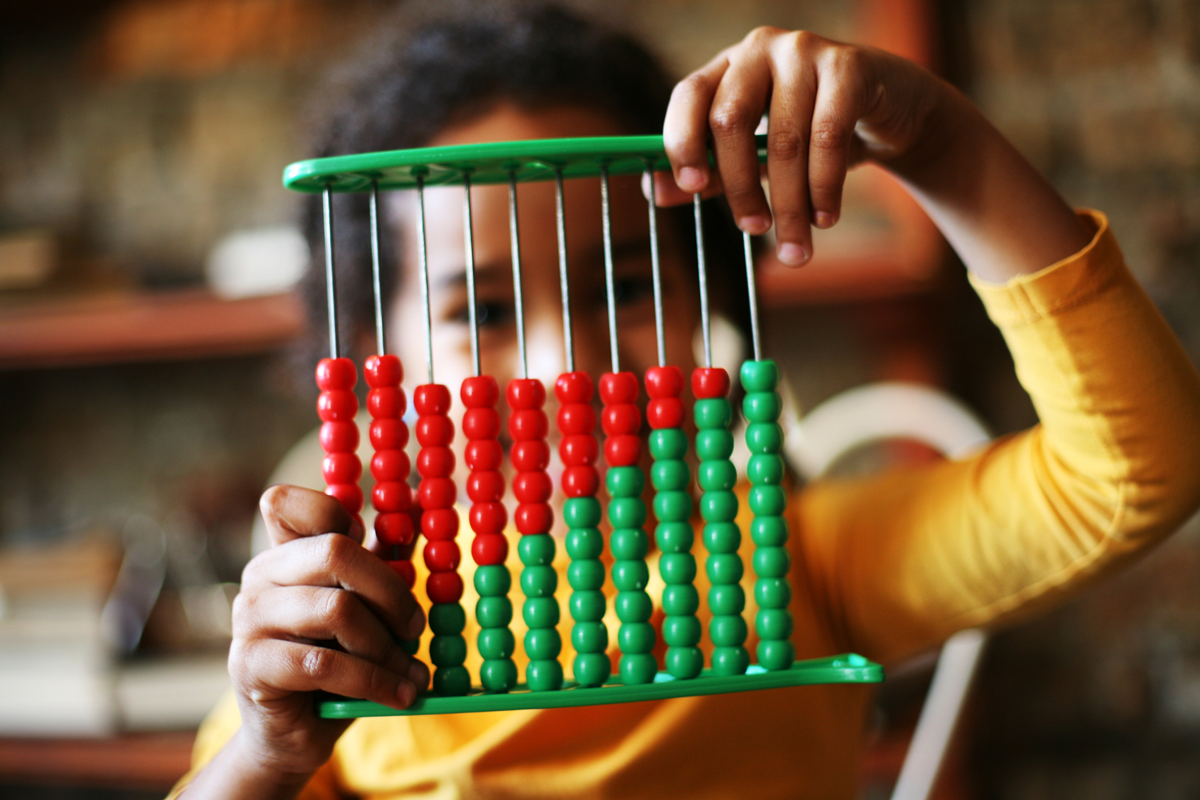
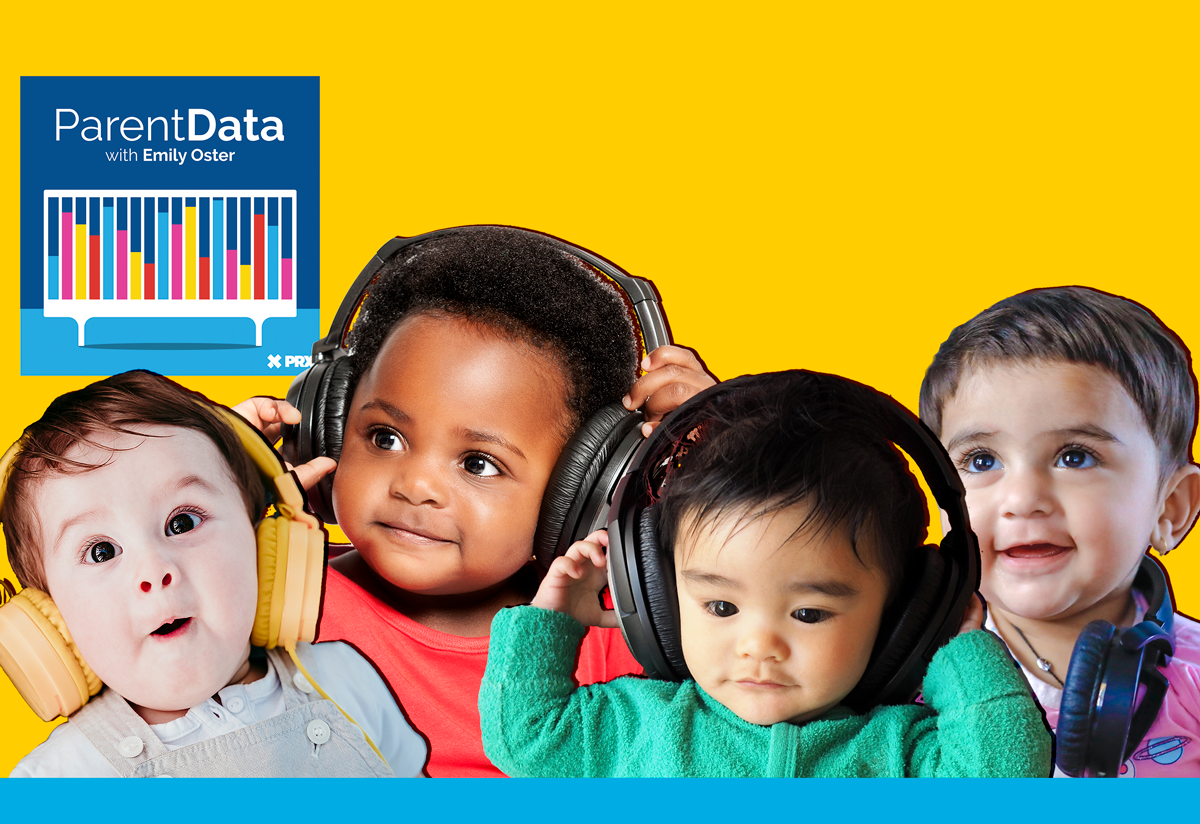
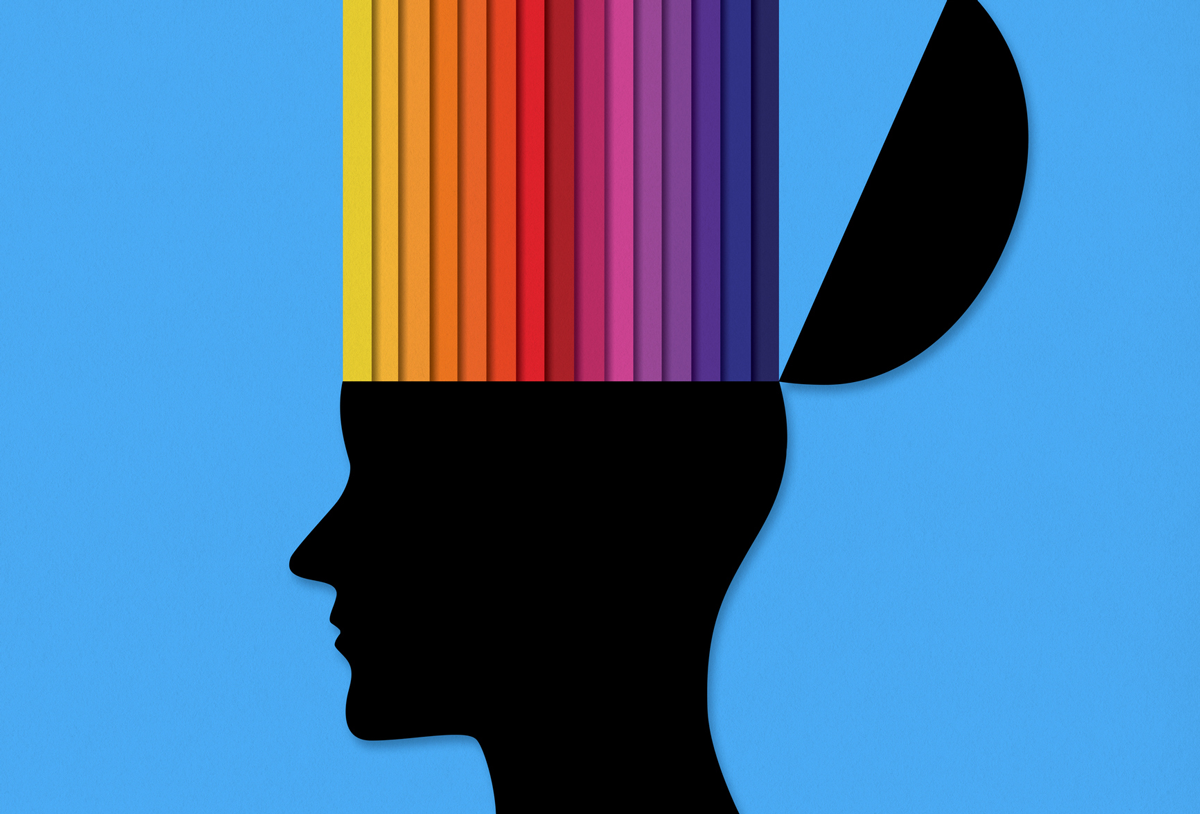

Log in